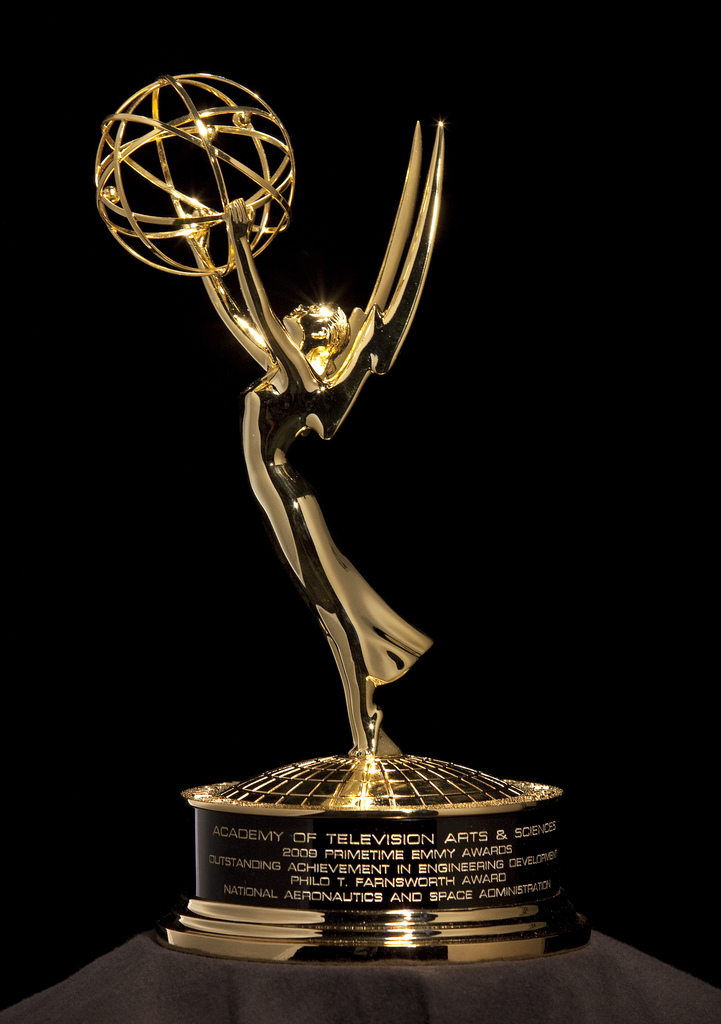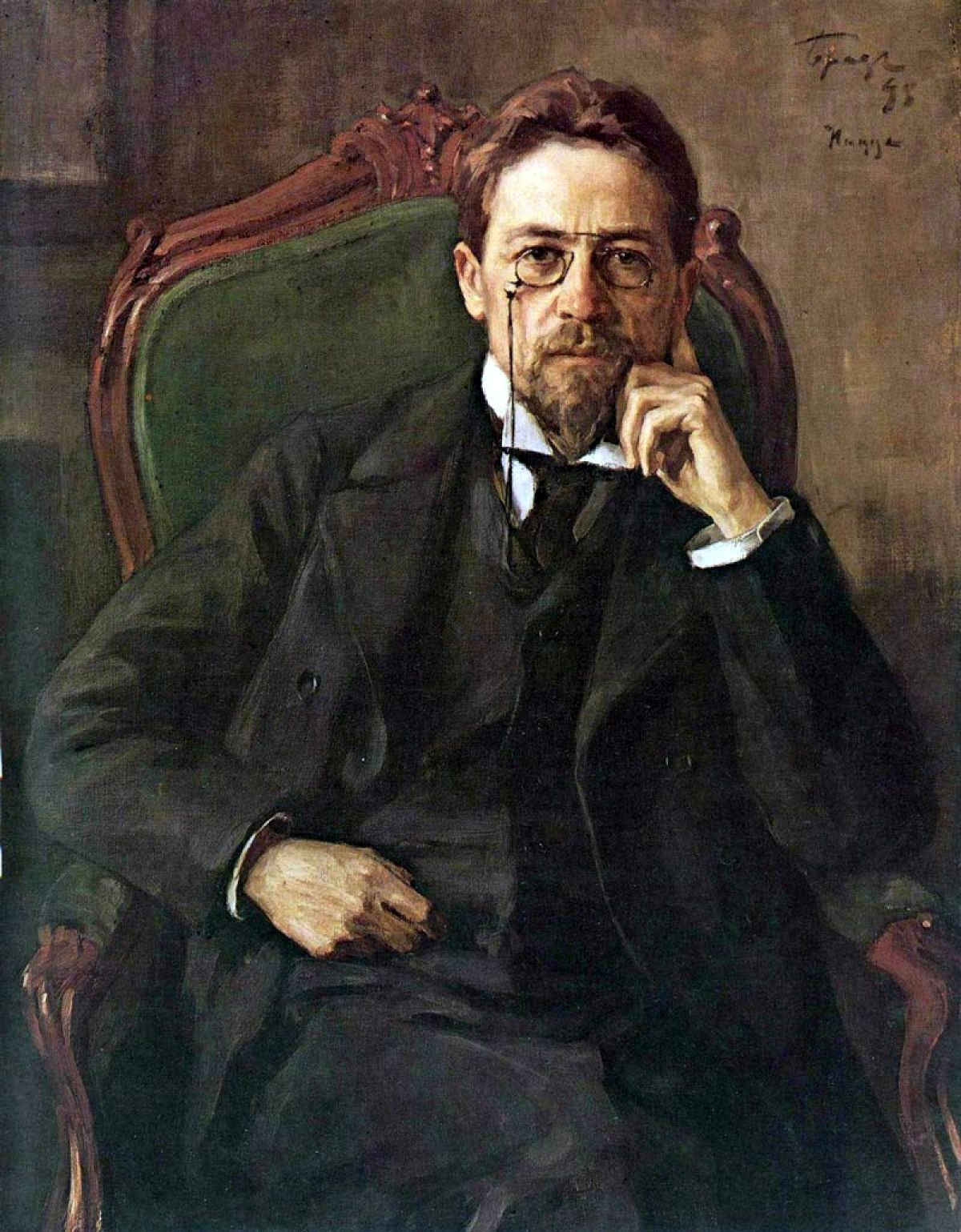Recently Updated Blogs
***Please note that this is the latest information regarding admissions tests from Oxford University as of January 2026. If more updates are released, we will endeavour to update our blog as soon as possible.*** Update on Oxford University Admissions Tests This week Oxford University have announced that, from 2026,…
It’s January and thousands of Oxford and Cambridge applicants have either just found out or are soon to find out whether they are being offered a place to study at Oxford or Cambridge. However, as is inevitable, the majority of very promising applicants will unfortunately receive the news that they…
How Early Should I Start Thinking about Applying to Oxbridge? You may not have reached your year of application, or even A-levels, or even GCSEs, but you think you might want to go to either Oxford or Cambridge when the time eventually comes around. The question that might now be…
When are Oxford and Cambridge Offers Released? Oxford offers will be released on Tuesday the 13th of January 2026. Both successful and unsuccessful applicants will be notified by the university of their decision. Applicants will also be able to see the results of their application on the UCAS online portal.…
Why It Pays to Start Early on Your University Application Applying to universities, especially renowned institutions like Oxford and Cambridge, can be a daunting and highly competitive process. However, as we have learned from our almost 25 years of experience helping students with their applications, with careful planning and starting…





